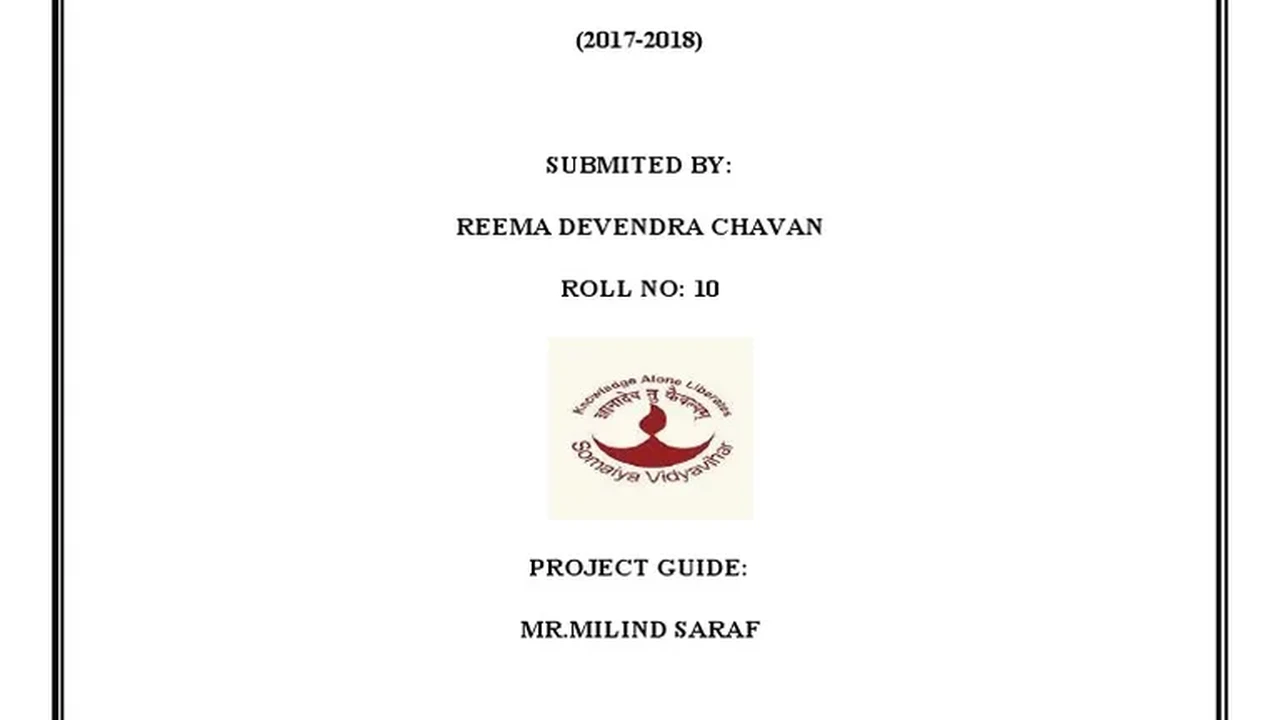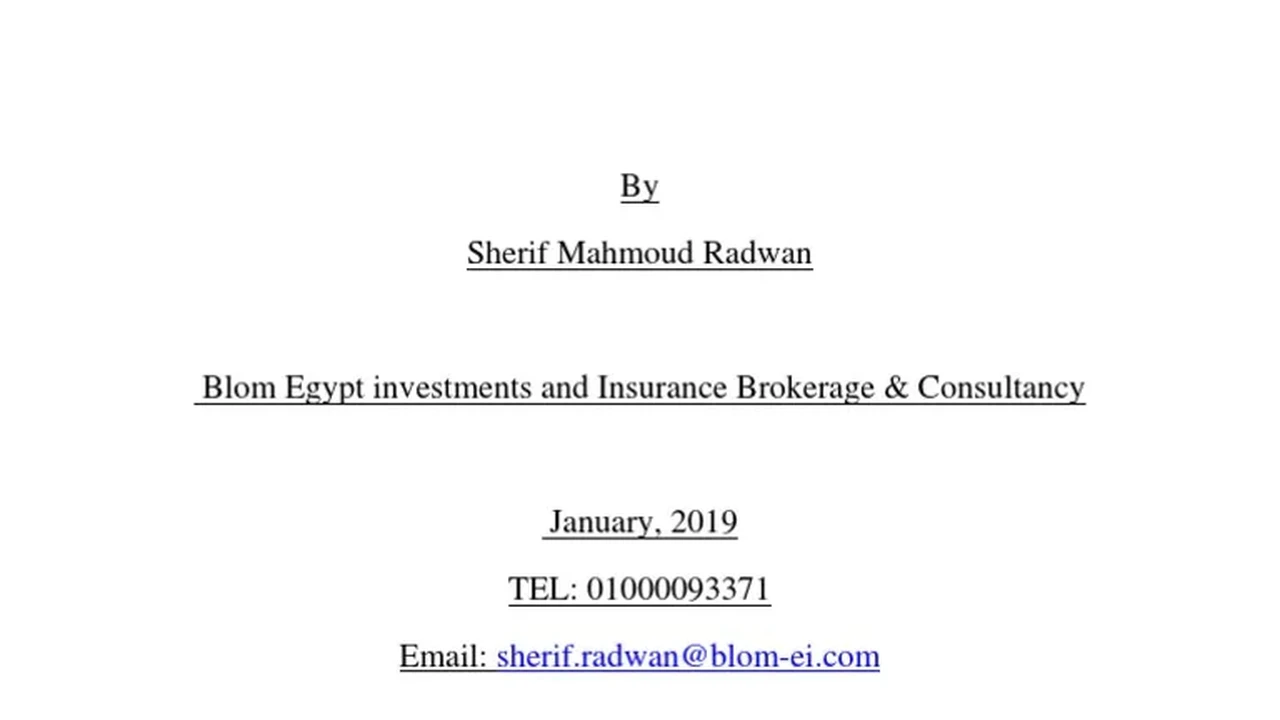Driving Safely: The Best Way to Save on Insurance

Understanding the Connection Safe Driving and Lower Insurance Rates
Hey everyone! So, you wanna save some serious cash on your car insurance, right? Well, buckle up (pun intended!) because the single best way to do it is by driving safely. Insurance companies aren't just pulling numbers out of thin air; they're looking at risk. And guess what? Safe drivers are way less risky to insure. Think about it: fewer accidents mean fewer claims, and fewer claims mean lower premiums. It's a win-win! We're talking about more than just avoiding fender benders; it's about establishing a track record of responsible driving. This is how you prove to those insurance folks that you're a safe bet.
Defensive Driving Techniques to Minimize Accidents and Maximize Savings
Okay, so how do you *actually* become a safer driver? It's all about defensive driving! This means being aware of your surroundings, anticipating potential hazards, and reacting accordingly. Think of it as being a proactive driver, not just a reactive one. Here are a few key techniques:
- Maintain a Safe Following Distance: The '3-second rule' is a good starting point, but increase it in bad weather.
- Scan the Road Ahead: Don't just focus on the car in front of you; look further down the road to anticipate potential problems.
- Check Your Mirrors Regularly: Know what's happening around you.
- Avoid Distractions: Put your phone away! Seriously, it's not worth it.
- Drive at a Safe Speed: Adjust your speed to the conditions. Just because the speed limit is 65 doesn't mean you should be doing 65 in heavy rain.
Taking a defensive driving course can also be a great idea. Not only will it refresh your driving skills, but many insurance companies offer discounts for completing one!
The Impact of a Clean Driving Record How to Keep Your Insurance Rates Low
Your driving record is like your credit score for car insurance. A clean record (no accidents, no tickets) tells insurers you're a safe driver. But even a minor speeding ticket can raise your rates. So, how do you keep your record clean? * Obey Traffic Laws: Seems obvious, right? But it's the most important thing you can do. * Avoid Accidents: Practice those defensive driving techniques! * Fight Unfair Tickets: If you believe you were wrongly ticketed, consider fighting it in court. The longer you maintain a clean record, the lower your rates will be. It's a long-term investment in your financial well-being.
Advanced Safety Features in Cars and Their Role in Insurance Discounts
Modern cars are packed with safety features that can help prevent accidents and reduce the severity of injuries. And guess what? Insurance companies love these features! Many offer discounts for vehicles equipped with things like:
- Anti-lock Braking System (ABS): Prevents your wheels from locking up during hard braking.
- Electronic Stability Control (ESC): Helps prevent skidding.
- Lane Departure Warning (LDW): Alerts you if you're drifting out of your lane.
- Blind Spot Monitoring (BSM): Alerts you to vehicles in your blind spot.
- Automatic Emergency Braking (AEB): Can automatically apply the brakes in an emergency.
- Rearview Cameras: Make backing up safer.
When shopping for a new car, consider prioritizing these safety features. They could save you money on insurance in the long run!
Product Recommendations and Comparisons for Enhanced Driving Safety
Beyond the built-in safety features of your car, there are also aftermarket products that can enhance your driving safety. Here are a few recommendations:
Dash Cams for Documentation and Liability Protection
Dash cams record video footage of your driving. This can be invaluable in the event of an accident, providing evidence to prove your innocence and protect you from liability.
Product Recommendation: Vantrue N4 Pro 4K Dash Cam
- Use Case: Capturing comprehensive video evidence in case of an accident, protecting against false claims.
- Pros: Excellent video quality (4K front, 1080p interior, 1080p rear), wide viewing angles, loop recording, parking mode (records when the car is parked and detects motion), GPS logging.
- Cons: Can be pricey, requires a microSD card (sold separately).
- Price: Around $300.
Product Recommendation: Garmin Dash Cam Mini 2
- Use Case: Discreet and simple recording for basic accident documentation.
- Pros: Very compact, easy to install, good video quality (1080p), voice control, automatic incident detection.
- Cons: Lacks advanced features like GPS and parking mode.
- Price: Around $130.
Comparison: The Vantrue N4 Pro offers superior video quality and features, but at a higher price. The Garmin Dash Cam Mini 2 is a more affordable and discreet option for basic recording needs.
Tire Pressure Monitoring Systems (TPMS) for Optimal Tire Performance and Safety
Proper tire pressure is crucial for safe handling, fuel efficiency, and tire longevity. TPMS systems alert you when your tire pressure is low.
Product Recommendation: FOBO Tire 2
- Use Case: Monitoring tire pressure and temperature in real-time, preventing blowouts and optimizing fuel efficiency.
- Pros: Bluetooth connectivity, smartphone app, easy installation, anti-theft design.
- Cons: Can be affected by interference in some environments.
- Price: Around $200.
Product Recommendation: EEZTire TPMS6
- Use Case: Monitoring tire pressure on larger vehicles like RVs and trucks.
- Pros: Long-range signal, large display, adjustable pressure and temperature alerts.
- Cons: Bulky display unit.
- Price: Around $300.
Comparison: The FOBO Tire 2 is a good option for passenger cars, while the EEZTire TPMS6 is better suited for larger vehicles that require a longer signal range.
Portable Breathalyzers for Responsible Driving
It's never okay to drink and drive. A portable breathalyzer can help you make informed decisions about whether you're safe to drive.
Product Recommendation: BACtrack S80 Pro Breathalyzer
- Use Case: Determining blood alcohol content (BAC) before driving, ensuring responsible decision-making.
- Pros: Accurate results, easy to use, quick warm-up time.
- Cons: Requires periodic calibration.
- Price: Around $150.
Product Recommendation: AlcoMate Revo TS100 Breathalyzer
- Use Case: Providing accurate BAC readings with replaceable sensor module.
- Pros: Fuel cell sensor for high accuracy, modular design for easy sensor replacement, DOT approved.
- Cons: More expensive than some other options.
- Price: Around $250.
Comparison: The BACtrack S80 Pro is a reliable and affordable option for personal use. The AlcoMate Revo TS100 offers professional-grade accuracy and a replaceable sensor module for extended use.
The Long-Term Benefits of Safe Driving for Your Wallet and Well-being
Ultimately, driving safely isn't just about saving money on car insurance; it's about protecting yourself, your passengers, and other drivers on the road. It's about being a responsible member of the community. And yes, it's also about keeping more money in your pocket! The benefits extend far beyond just your insurance rates. Consider the cost of medical bills, vehicle repairs, and potential legal fees associated with an accident. Safe driving is an investment in your financial well-being and your overall quality of life. So, drive safely, stay alert, and enjoy the open road!
:max_bytes(150000):strip_icc()/277019-baked-pork-chops-with-cream-of-mushroom-soup-DDMFS-beauty-4x3-BG-7505-5762b731cf30447d9cbbbbbf387beafa.jpg)






